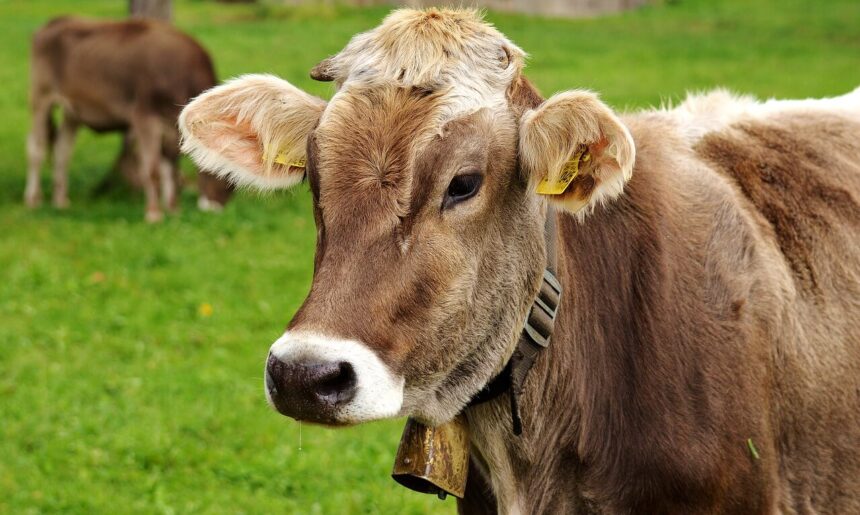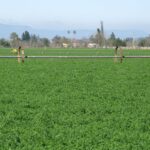If you are considering starting dairy farming in Kenya, here are some common faqs you need to know about.
Before we begin our Q&A discussion, we will look at Kenya’s dairy farming requirements.
This includes land size and climatic conditions, essential in cattle rearing.
Next, if you are considering starting dairy farming, knowing which system you want to use to keep your dairy is essential.
In Kenya, three systems are majorly used, and these are:
- The traditional Open Range System where animals can roam and feed independently.
- Zero Grazing, where your dairy is confined in a given location on the homestead, and everything is brought to them.
- Lastly, Semi-Zero grazing is the combination of the above two systems.
Dairy Farming in Kenya FAQs for Beginners
In Kenya, different cattle breeds are meant for specific regions/areas. This is to say, in other words, that a cattle breed in Nyeri may not do well in the hot and humid environment of Kisumu.
Wait a minute. Did I get you startled? Don’t worry; KARI introduced Cross Breeds in Kenya to improve rearing and production characteristics such as milk and growth rate, among other things.
Generally speaking, Kenya’s types of hybrid cattle are another day’s topic. Let’s focus on what brought you to this site in the first place.
1: How much space do I need for dairy farming in Kenya?
In short, these are some of the things to consider:
Resting space.
Shelter from wind and wet conditions.
Air quality
Bedding Area
2: What is the cost of a dairy cow in Kenya?
3: How much does it cost to purchase a calf?
4: Which is the highest milk-producing cow in Kenya?
The next sort after cattle breed in Kenya is the Friesian cow, followed by the Ayrshire, Guernsey, and Jersey. Note all these are European breeds.
5: How many liters of milk does Fleckvieh produce?
This, in turn, will increase to 30-35 and then 35-40 after the second and third calving, respectively.
6: Dairy Farming in Kenya: How many calves can a cow have in a year
7: How long can a cow live?
8: How long can dairy cattle in Kenya be milked?
9: Dairy Farming in Kenya: At what age do dairy cattle bear a calf
10: How long does it take for a calf to mature?
If you intend to use it for meat consumption, it takes three years for a bull to mature fully.








Am interested